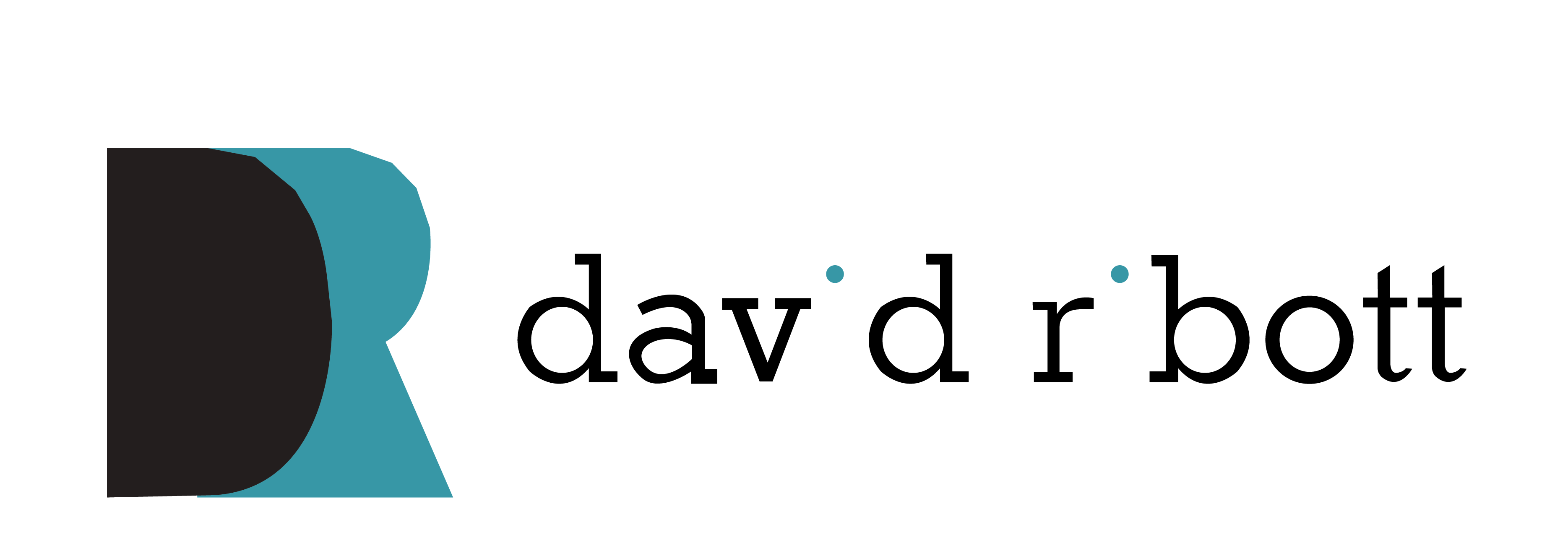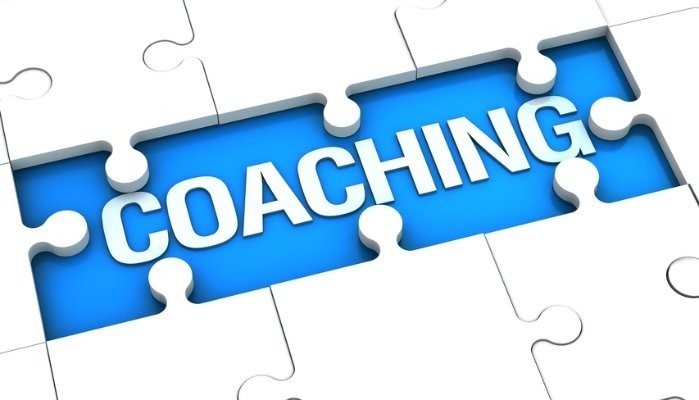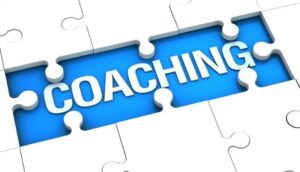As a certified coach, I often get asked, “how can a coach help me?” and “what should I look for in a coach?”
And since the start of any new year is full of promise, and momentum people want to capitalize on, I thought I’d share advice I recently offered a dear friend who asked me how to go about selecting a coach.
# 1 – Become Familiar with Coaching Profession
As one does when preparing for a job interview with a desired employer – do your homework. You wouldn’t go to a job interview without an understanding of the interviewing company’s core business, what its known for, and their mission.
So too with coaching – it would behoove you to better understand coaching.
Luckily, there are a handful of reputable organizations such as the International Coach Federation, Worldwide Association of Business Coaches and Association for Coaching that govern the coaching profession and serve as resources.

Since the ICF has been in existence the longest, I’ll reference them and point you to their page on the core competencies of coaching.
The page layout shows each competency and navigation is aided with clearly defined sub-headings.
Hint: You can repurpose them as questions when screening potential coaches to deepen your understanding and test a coach’s knowledge.
# 2 – Conduct a Screening Process
Because there is a vast array of coaching specialities and niches, it’s important to find alignment between you and your potential coach. This may take shape in your needs and their training being an ideal match, the gentle ease with which the two of you build a rapport, or something else equally important to you….
And depending on what kind of client you are e.g. a corporate client whose employer will pay for coaching, or an independent client who will self-finance, the screening process will look differently as a result.
Since I plan to dedicate a future blog post to coaching at the workplace, I will focus on individual clients pursuing a coach, and my first recommendation – try a demo session.
i. Experience “Coaching”
Many coaches offer a free demo session to help potential clients get a “taste” of coaching to better understand how as a platform for development, it has the power to “create new possibilities.”
ii. Identify Alignment
Whether you consider yourself left brain or right brain oriented doesn’t really matter in coaching, as a skilled coach will be able to adapt to you and guide you out of your comfort zone to stimulate personal growth.

What’s important to note is the coach’s leadership in guiding the demo session – how safe did you feel? what learnings did you take away? how was it to co-create from interdependence? etc…
# 3 – Assess the Plan
At some point in the screening process you and your potential coach will discuss what you, as a client, are looking to achieve.
Once you have clarity on your need (it could take more than one meeting to arrive at clarity) ask to go over the plan of action with your coach.
Here, in this process, is an opportunity to begin to apply the ICFs coaching competencies of:
a) Setting the Foundation
b) Co-Creating the Relationship
c) Communicating Effectively
d) Facilitating Learning and Results
as a plan that incorporates these elements into its structure is more likely to represent the professionalism of coaching.
Begin your Coaching Journey
And once you’re ready to take the deep dive and commit to coaching, remember:
“The test of a good coach is that when they leave, others will carry on successfully.”
Author Unknown
_______________________________________________________
About David
David is a sustainable leadership development advocate and practitioner, who is passionate about creating the conditions for people development and organizational success. His passion for sustainable leadership is grounded in the belief that all people and organizations can “disrupt” their performance when the right conditions for success are intentionally cultivated with all stakeholder needs front and center.





